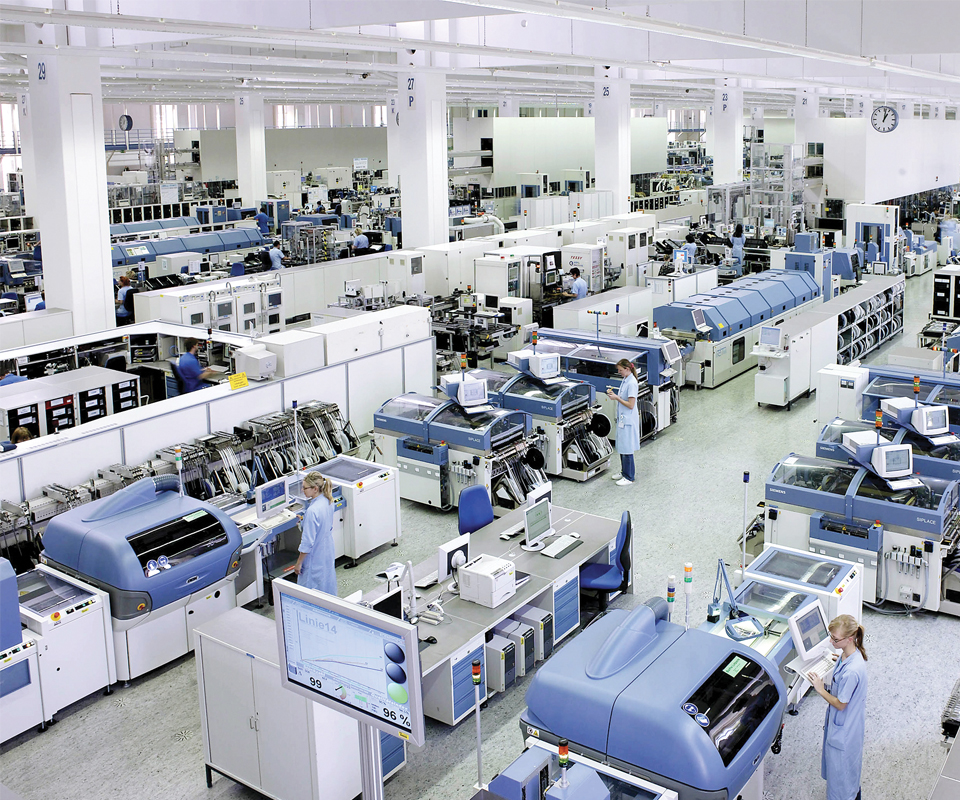 There is concern over the use of an ingredient in fireworks (magnesium) to create lightweight parts for a car, sporting equipment, medicine, etc. True, magnesium reacts to fire with very bright and extremely high heat flame. It can also have an explosive reaction with water. The explosive nature of the metal has naturally given the magnesium alloy a misguided reputation of exploding while in use in a car or piece of aerospace equipment. Engine parts made of magnesium alloys have been the most unfortunate, as engines are known to get extremely hot from normal operation.
There is concern over the use of an ingredient in fireworks (magnesium) to create lightweight parts for a car, sporting equipment, medicine, etc. True, magnesium reacts to fire with very bright and extremely high heat flame. It can also have an explosive reaction with water. The explosive nature of the metal has naturally given the magnesium alloy a misguided reputation of exploding while in use in a car or piece of aerospace equipment. Engine parts made of magnesium alloys have been the most unfortunate, as engines are known to get extremely hot from normal operation.
How NOT to start Film Noir Cinema In Greenpoint a magnesium fire
The high heat from the engine is also a concern for car buyers. As the engine runs, it reaches very high temperatures. Dust and shavings from the magnesium cast block can potentially ignite in such an environment. However, the cooling systems built into the cars using the magnesium engines prevent the high heat from becoming an issue. Proper maintenance can catch a problem that will produce metal shavings before they become a fire hazard as well.
However, magnesium alloys do not ignite unless exposed to flame or heat that is much hotter than that produced by a working engine. The metal burns at temperatures in excess of 3,600 degrees Fahrenheit or 2,000 degrees Celsius. However, the magnesium is not a metal that ignites when in the air. Furthermore, you can’t start a fire by throwing water on a magnesium engine. The fire must be ignited in order to cause the magnesium to burn.
Putting out magnesium fires
It is true that magnesium does cause the hydrogen and oxygen molecules in water to combust, only adding to the fire. To extinguish a magnesium fire, use sodium chloride (also known as salt). The special chemical fire extinguishers recommended for magnesium fires use a powder made of table salt to smother the fire, without causing another chemical combustion. These extinguishers are considered Class D fire extinguishers and are a good idea for owners of magnesium block engines.
Other flammable metals in auto manufacturing
Magnesium has a bad name because of its flammability, but it is not the only flame encouraging metal in the auto making world. Aluminum, also used extensively in car bodies, rusts easily over time. The rusted metal creates thermite, which burns just as hot as magnesium. The lithium batteries being developed for electric cars are also highly flammable. The lithium is actually combustible with contact with water, and can react to moisture in the air.
The myth of cars exploding because of their magnesium engines overheating or water getting under the hood are completely Importance Of Primary Sector false. They are myths based on the chemical properties of the metal magnesium that have been misunderstood.
